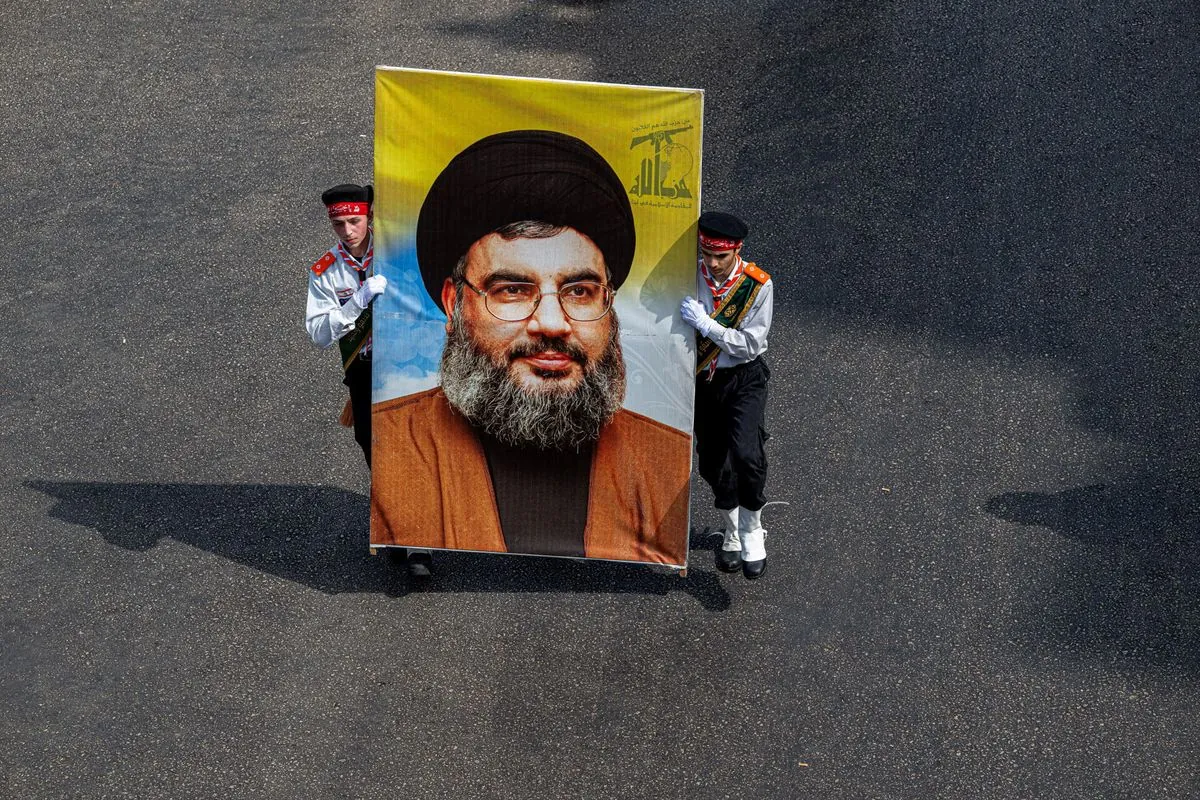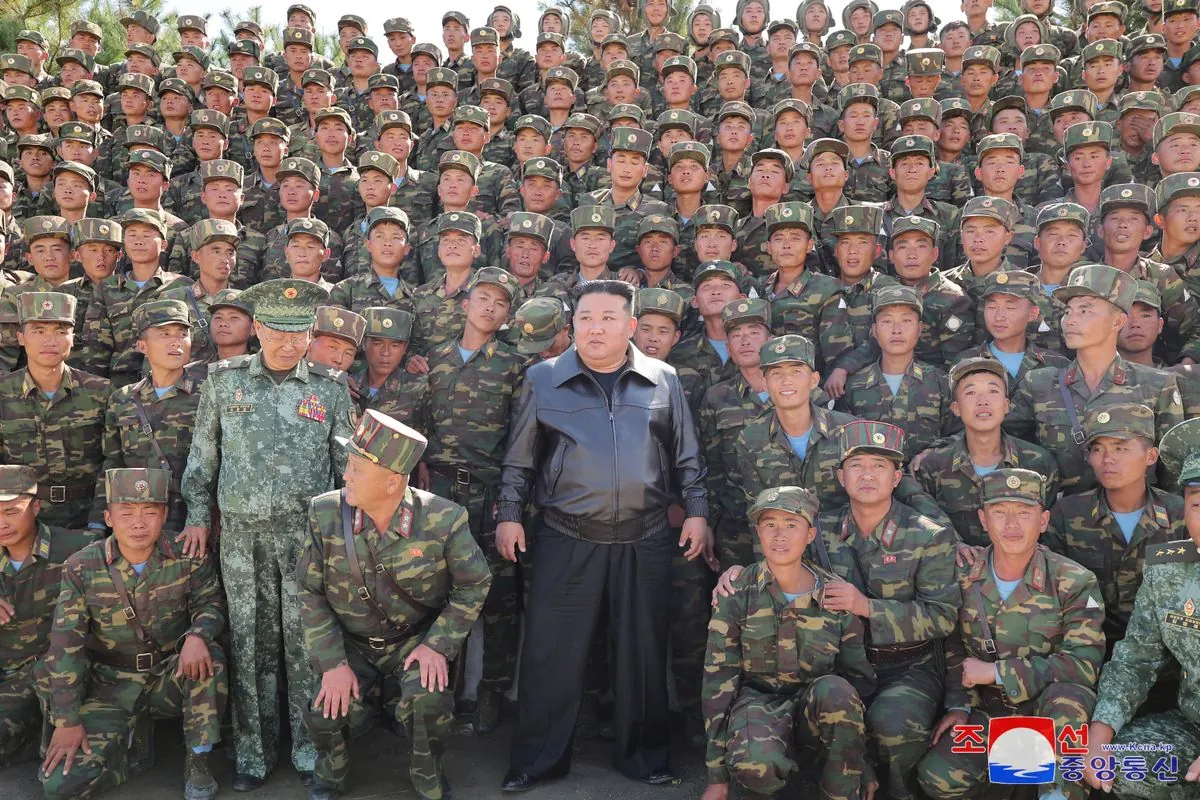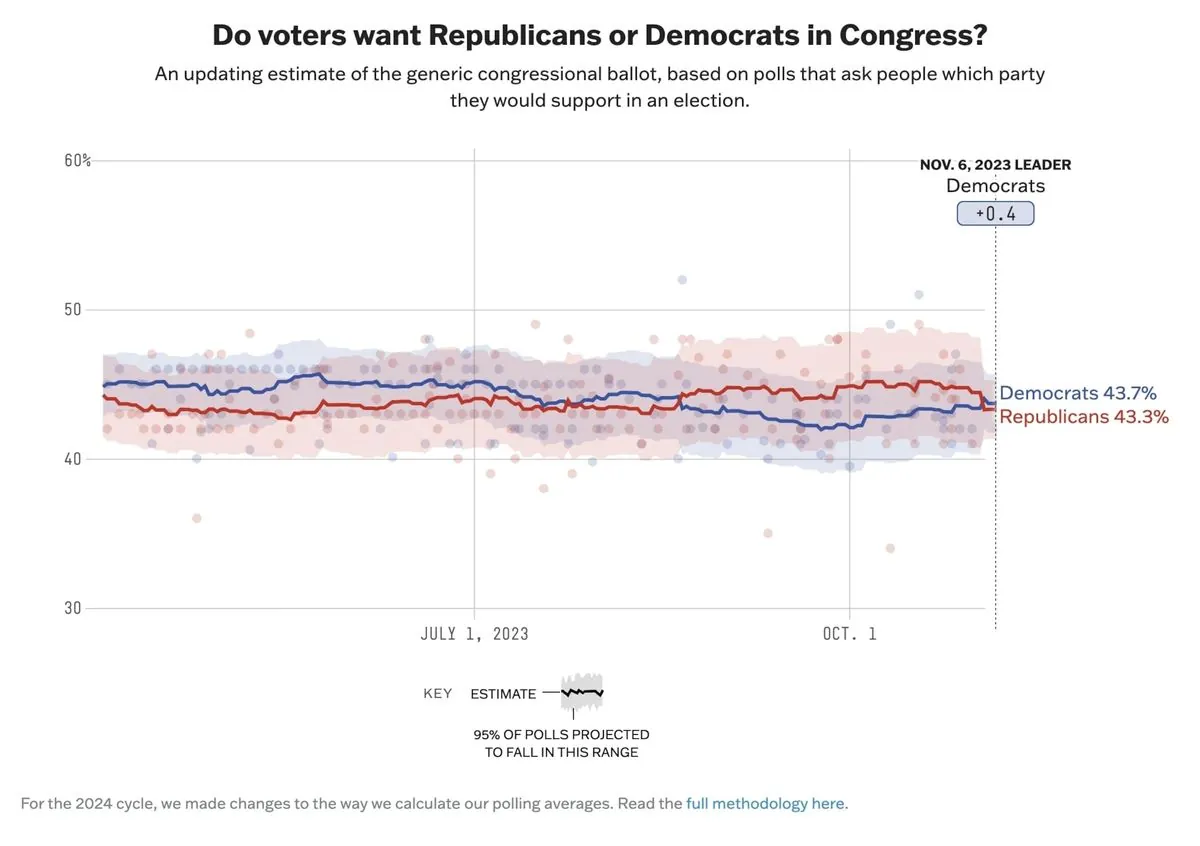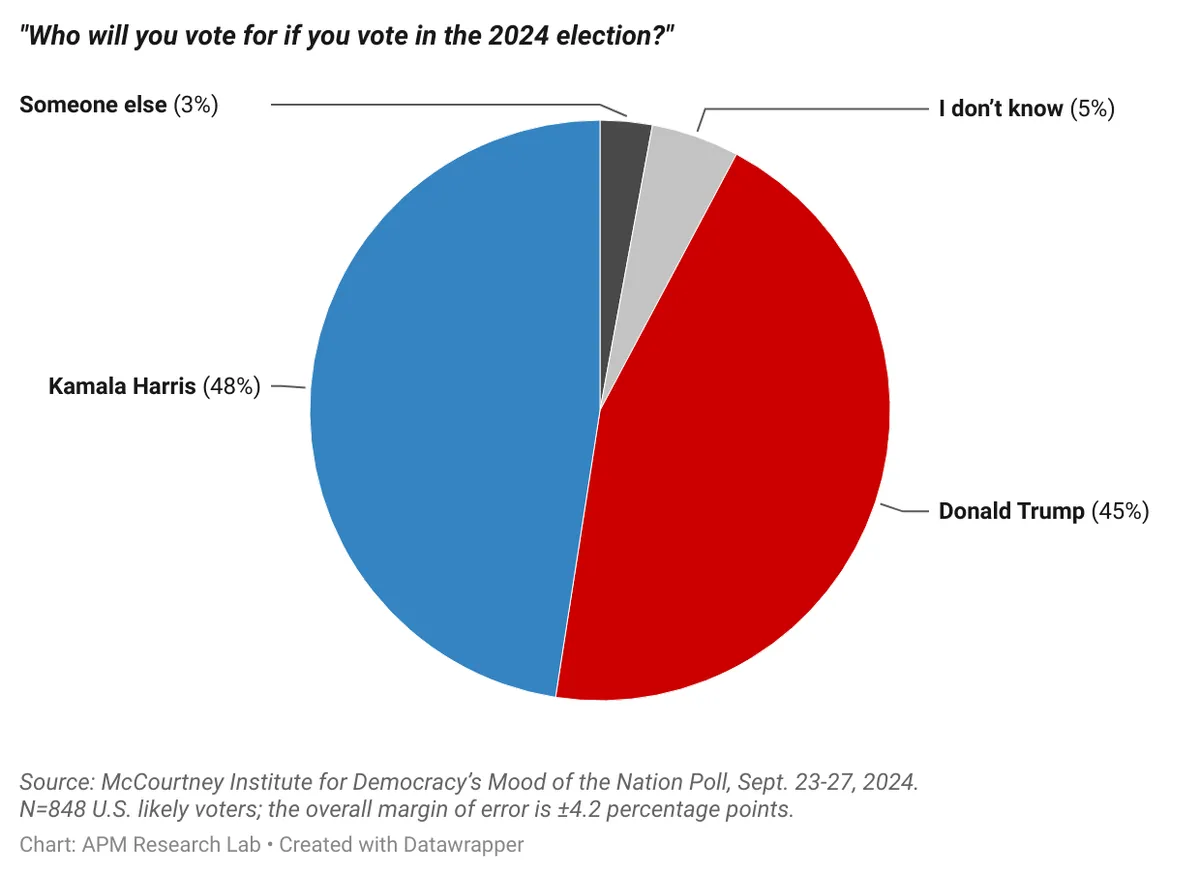Nasrallah's Assassination: A Turning Point in Middle East Geopolitics?
The killing of Hezbollah's leader sparks concerns of regional war. Telegraph's new podcast "Battle Lines" analyzes global conflicts and shifting alliances in an increasingly multipolar world.

In a shocking development, Hassan Nasrallah, the long-standing leader of Hezbollah, has been assassinated. This event has sent shockwaves through the Middle East, potentially destabilizing Iran's 'axis of resistance' and raising fears of a full-scale regional conflict.
Hassan Nasrallah had been at the helm of Hezbollah since 1992, leading the Lebanese Shia Islamist political party and militant group for over three decades. His death marks a significant shift in the power dynamics of the region, particularly for Iran's strategic alliances.
The assassination comes at a time of heightened global tensions, with conflicts and political transitions occurring worldwide. The international community is closely watching how this event will impact the delicate balance of power in the Middle East and beyond.

In response to these rapidly unfolding events, The Telegraph has launched "Battle Lines," a new podcast aimed at providing in-depth analysis and on-the-ground reporting of global conflicts and geopolitical shifts. The podcast seeks to help listeners navigate the complexities of an increasingly multipolar world, where traditional alliances are evolving and new fault lines are emerging.
"Battle Lines" will cover a wide range of topics, including the ongoing war in Europe, the upcoming U.S. presidential election, and the recent Taiwan elections. It will also delve into insurgencies in Yemen and Myanmar, as well as escalating tensions in East Africa.
The podcast comes at a crucial time, as the international security architecture faces unprecedented challenges. Organizations like NATO and the UN are grappling with a changing global landscape, where multiple nations wield significant military, cultural, and economic influence.
As the world watches the aftermath of Nasrallah's assassination, many questions remain unanswered. Will this event lead to a full-scale war in the Middle East? How will it affect Iran's regional strategy? And what implications does it have for global security?
"Battle Lines" aims to address these questions and more, providing listeners with the context and analysis needed to understand the complex web of global politics and conflicts. By combining expert insights with firsthand accounts, the podcast offers a unique perspective on the forces shaping our world.
In an era where information overload is common, "Battle Lines" stands out as a valuable resource for those seeking to make sense of the rapidly changing geopolitical landscape. As tensions rise and alliances shift, understanding these dynamics has never been more critical.
Listeners can access "Battle Lines" through various platforms, including Apple Podcasts, Spotify, and Amazon Music, making it easily accessible to a global audience. As events continue to unfold in the Middle East and around the world, this podcast promises to be an essential guide for navigating the complexities of international relations in the 21st century.


































